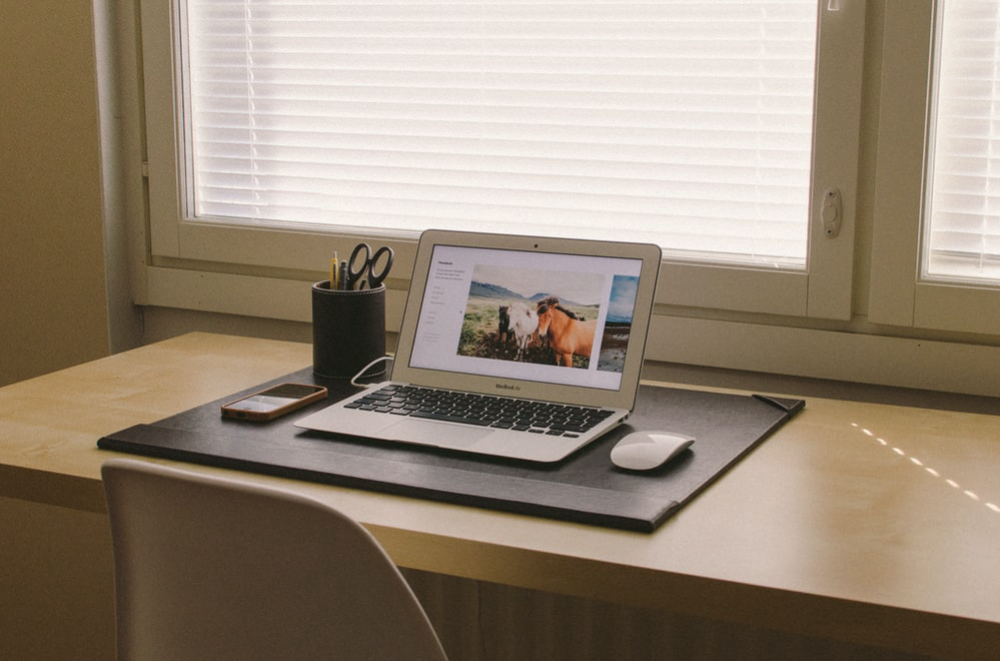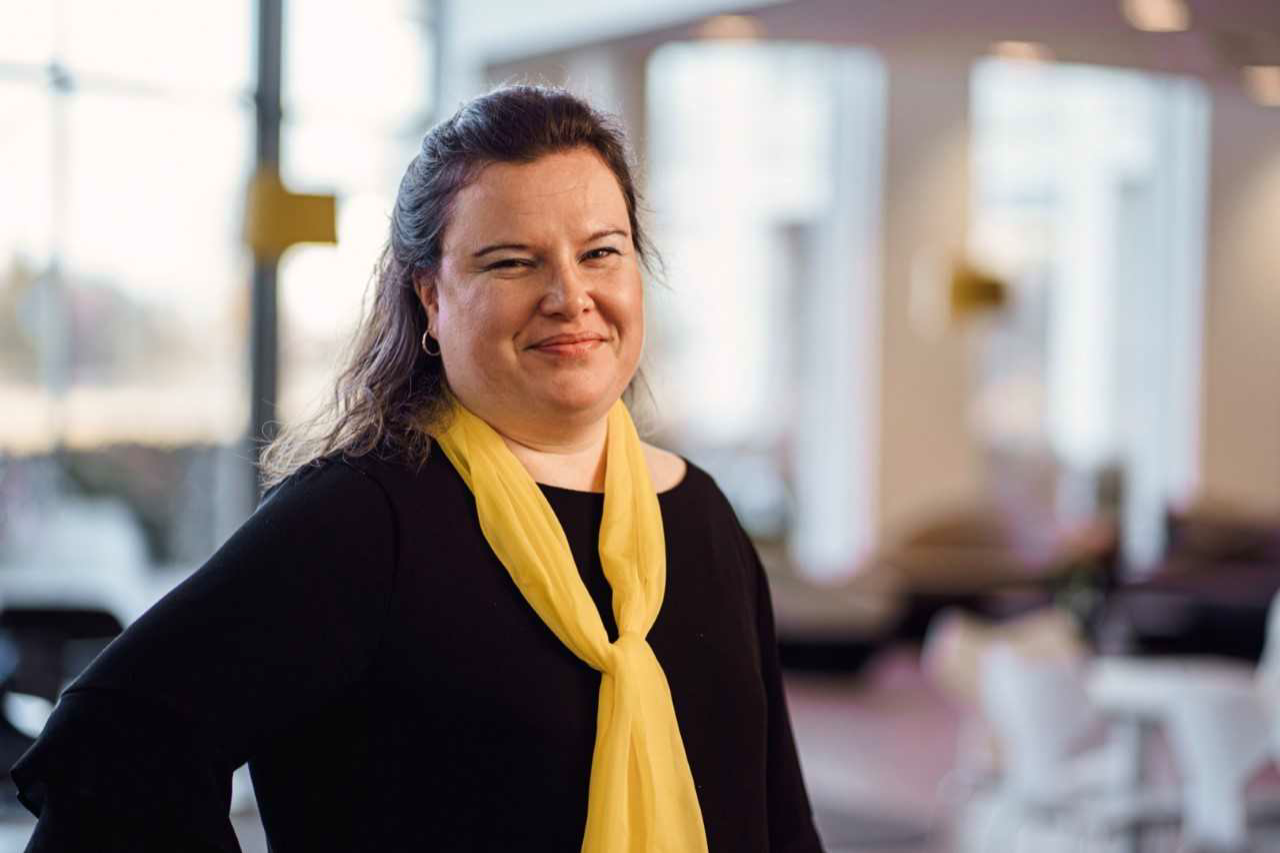Wellbeing at work during the pandemic
Henrik Liimatainen
When this edition of the AFA Quarterly is published we have lived for over a year in a more or less lockdown situation. Although many of us are nowadays used to working or studying remotely, it is evident that working from home and having less non-virtual contacts has potentially a huge impact on our wellbeing. In this feature article we concentrate on wellbeing at work during the pandemic and offer some insights from companies and alumni on remote work best practices.
According to a survey by the Finnish Institute of Occupational Health, Finns’ wellbeing at work suffered last year in midst of the prolonged lockdown situation. Some picks of the research results:
1/3 of the respondents feel they receive less support from co-workers when working remotely
Work exhaustion grew most amongst young professionals
People living alone suffered more from the remote work conditions compared to people living with family members
Since the results are quite worrying, I felt the urge to find out how the pandemic has affected work wellbeing in the context of our alumni community. Furthermore, I hope this article offers some continuity to the article “How are AFA alumni helping and adapting to the Coronavirus situation” which was published in AFA Quarterly 1/2020 by Robin Ahti. To gain some insights on wellbeing at work during the pandemic in the finance alumni community, we asked two companies and two alumnae to share their experiences and best practices regarding remote work.
Katariina Jalas, HR Director at EY Finland
Jatta Gerdt, Vice President Human Resources and Internal Serivices at Mandatum Life
Wellbeing at working during the pandemic: EY & Mandatum Life
How have the working conditions in your company evolved since the start of the pandemic?
Katariina: At EY, we made the technological leap into remote working quite easily given that we already had much of the required technology in place and given that our client work requires us to be flexible and mobile even in normal circumstances. We never closed our offices, but have had a strong recommendation for remote working in place for much of the pandemic period. We experimented with some hybrid events after the summer, but we are now fully back in the virtual world.
Jatta: At Mandatum Life, we started to prepare for the pandemic already in early 2020 with our corona task force. In March 2020 we decided to practice the remote setting and informed our employees that tomorrow you will work from home. Basically right after that the Finnish government issued new restrictions and things never really went back to normal. The office has never been fully closed, so people that have had an urgent need to work at the office have had the chance, following strict safety regulations of course.
What measures have you taken to ensure the wellbeing of your employees during the pandemic?
Katariina: At the individual level, we have a workout app that supports having regular exercise and mindfulness breaks while working in the home office, and it also promotes the community spirit by enabling individuals to challenge each other and teams. We are also trialling a solution which provides online coaching for mental health challenges that many of us are currently facing. We have worked closely with our occupational health provider to arrange remote ergonomic checks by our physiotherapist, ensuring that we are not mistreating our posture by slouching on the couch. We also invested in providing all EY people in the Nordics the option to order a monitor and a chair for their home offices.
At the team level, we have set up various virtual coffee clubs where you are randomly matched with different people each month. This enables us to meet new people, increase our network and have refreshing conversations even remotely. We have also encouraged teams to talk about wellbeing and set up some ground rules to ensure that we can all switch off regularly. At the organizational level, we have arranged various wellbeing-related theme days with speaker sessions.
Jatta: First of all, as said, we have kept our office doors open for those that feel their wellbeing and quality of work suffer when working from home. Furthermore, we have supplied people at home with office appliances such as computer screens. But maybe most importantly, we have concentrated on improving our internal communication and also added more one-on-one discussions with our employees to offer them the chance to tell how they feel about the situation so that we can support them in the best possible way.
We have also wanted to ensure that our employees have the chance to continue their active lifestyles and develop themselves during the pandemic. Thus, we have continued our yoga classes remotely and also offered many new training sessions e.g. on how to interact with clients in a remote environment.
What are the key learnings you have gained from the remote work setting?
Katariina: The key learnings are many! The pandemic has been experienced in many different ways by individuals and there is no right or wrong way. Some people have really enjoyed being at home, spending more time with their families, fitting in chores and exercise more flexibly. Others have really suffered from the lack of contact with other people and not being able to have those “watercooler” conversations.
I think the main takeaway is that we are at our best when we have a degree of control over our working environment, so we believe that in the future people will be much more able to decide where and when they work and what really suits their personality and work needs.
Jatta: The importance of treating every employee as an individual has been emphasized in this situation. Everyone has their own situation at home and some might even enjoy the remote setting e.g. because they might have more time to spend with their family. However, we acknowledge that for some people working remotely and not being able to meet with co-workers and get out of the house is devastating.
Can you give any tips on how people working remotely could improve their well-being at work?
Katariina: My top tip is to focus on things that suit your personality. For me, this has meant introducing daily walks and walk & talk meetings into my diary. It takes a while to get into a new routine, but these days I do at least two walks every day and have easily doubled my step count compared to the last two years. It is also motivating to do this as a team, which is why I have joined two virtual walking groups – I have never had so much fun as I am having now walking across Europe virtually!
I also believe in micro-breaks. It’s important to change your position regularly and have a few moments away from your work in order to feel refreshed. I always have a lunch break marked in my diary and recently have also learned to set my quiet hours on Teams so I don’t get disturbed outside of the working hours.
Finally, it is important to feel connected to your team. My team does this by having a weekly “virtual working lunch”, a very active Whatsapp group and virtual coffee breaks. We are already planning the time when we can meet in person as it is important to have something positive to look forward to!
Jatta: I have three important pieces of advice.
Speak out loud about your feelings about the situation to your supervisor and colleagues. It is the best way to get help and improve your situation.
Keep your camera on! It is so much nicer when we can see each other in video calls even though sometimes it is understandable that keeping your camera on might get exhausting.
A smile can be heard, by which I mean that especially when speaking on a call without the camera on the tone of voice is highlighted.
Remote working tips and experiences from our alumni
Juha Vänttinen, KPMG
Emma Salmela, Vaaka Partners
What are the biggest challenges in remote work?
Emma: The days easily become quite similar to each other, and the challenge is to separate weekends and other spare time from time at work. Moreover, I derive energy from social contacts, and ensuring sufficient contact with other people is much harder. Finally, developing new things is a bit more challenging since there are less spontaneous discussions and other interactions that can spark new ideas.
Juha: The lack of social interaction with your colleagues – I definitely miss chatting while working and long lunches with my colleagues.
What about the upsides?
Emma: I feel there is more flexibility in my days and it is easier to maintain a suitable working rhythm. In addition, the threshold to arrange meetings with new people is much lower since everyone is used to doing online meetings. For me, the possibility to work from home has made it possible to combine work with other important things in life; a good example of this is that we got a puppy, which is something I’ve been thinking about for many years.
Juha: Time savings. Even though I live close to our office, I manage to get more sleep by working from home. I am not a morning person, so I like to jump to Teams meetings soon after waking up and enjoy my breakfast simultaneously while working.
Do you have any remote working tips?
Emma:
Call spontaneously to your colleagues, even if you don’t have that important or urgent things on mind.
Make an effort to improve your ergonomics and workspace in general – electric table, a good chair, suitable lighting and enough silence to fit your needs.
Take breaks – in my case, the puppy makes sure I go out several times a day which is very refreshing.
Juha:
Try to keep your camera on regardless of whether you have a client or internal meeting. Seeing facial expressions makes interaction more natural and fun, and you are also able to see genuine reactions in discussions. Showing your face while talking also makes your message more convincing.
Aim to anchor an ending time for your workday. With remote work, I am often tempted to do something else in between jobs (e.g. scrolling through phone, cooking, cleaning) and continue working later. I try to maintain an office-like rhythm as well as I can to get enough free-time in the evenings.
Do not limit interaction with colleagues only to project topics. It is important to have informal interaction also online and to know how your colleagues are doing outside project or work in general. Do not end a call too early and leave the line open for a chat if it does not disturb you or the others.
Henrik Liimatainen is a previous Editor-in-Chief of AFA Quarterly.





